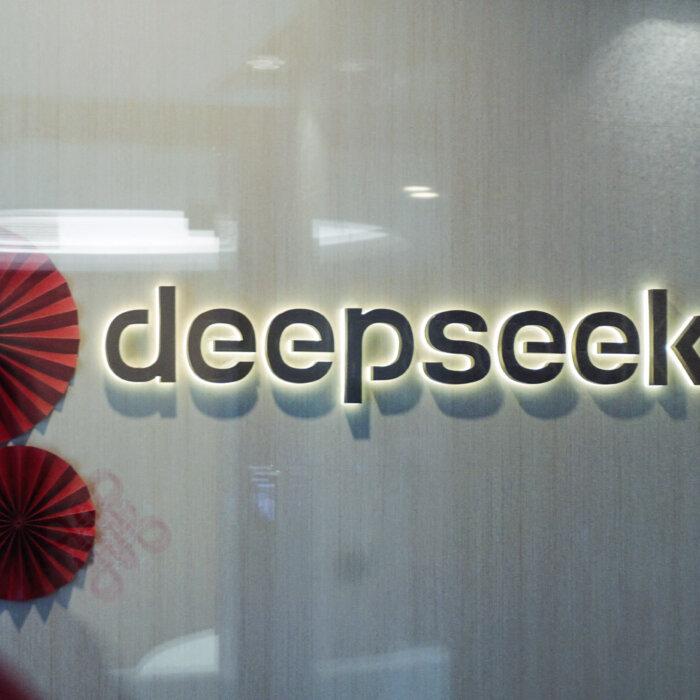South Korea’s intelligence agency has said that the Chinese artificial intelligence (AI) app DeepSeek is “excessively” collecting personal data and using all input data to train itself.
Seoul’s National Intelligence Service (NIS) also questioned the app’s responses to questions relating to issues of cultural and national pride.
The NIS made the statements in an official notice sent to government agencies on Feb. 9, urging them to take security precautions over the app.
DeepSeek, based in southern China’s Zhejiang Province, overtook rival ChatGPT to become the top-rated free application on Apple’s App Store in the United States last month.
“Unlike other generative AI services, it has been confirmed that chat records are transferable as it includes a function to collect keyboard input patterns that can identify individuals and communicate with Chinese companies’ servers such as volceapplog.com,” the NIS said in a statement issued on Feb. 9.
Some ministries in the country have blocked access to the app, citing security worries. These moves are similar to those of Australia and Taiwan, which have warned about DeepSeek or placed restrictions on it.
DeepSeek gives advertisers unlimited access to user data and stores South Korean users’ data in Chinese servers, according to the NIS.
Under Chinese law, the Chinese Communist Party (CCP) would be able to access this information when requested, according to the agency.
DeepSeek also provided different answers to potentially contentious cultural questions in different languages, the NIS said.
The agency used the example of asking for the origin of kimchi—a spicy, fermented cabbage dish that is a favorite in South Korea.
When DeepSeek was asked in Korean about the origin of the food, it said kimchi is a Korean dish, but after being asked the same question in Chinese, the AI said it came from China.
The origin of kimchi has periodically been a source of conflict between South Korean and Chinese social media users in recent times.
DeepSeek has also been accused of censoring responses to political questions, such as ones regarding the Tiananmen Square massacre of 1989. When asked about the massacre, the app stated, “Let’s talk about something else.”
When asked about moves by South Korean government departments to block DeepSeek, a CCP foreign ministry spokesperson said at a briefing on Feb. 6 that the CCP attached great importance to data privacy and security and protected it in accordance with the law.
That suggests that the CCP’s worldview has been hard-coded into the app and is not just the result of it being trained on censorship models.
Even if a company or an individual using DeepSeek were to provide new data to train it with, such as information about CCP atrocities, DeepSeek would likely retain the ability to automatically filter and reject inquiries that could result in answers that reflected poorly on the regime.
Further examples of this pro-CCP bias were found when The Epoch Times asked DeepSeek, “Where is Taiwan?” DeepSeek responded with the CCP line “Taiwan is an inalienable part of China.”
The CCP claims that Taiwan, which is a self-governed island and a democracy, is part of its territory that must be united with the mainland by any means necessary.
Similarly, when asked, “What is the CCP?” DeepSeek stated, “The Party is committed to serving the people wholeheartedly and adheres to the principles of socialism with Chinese characteristics, aiming to achieve the great rejuvenation of the Chinese nation.”







